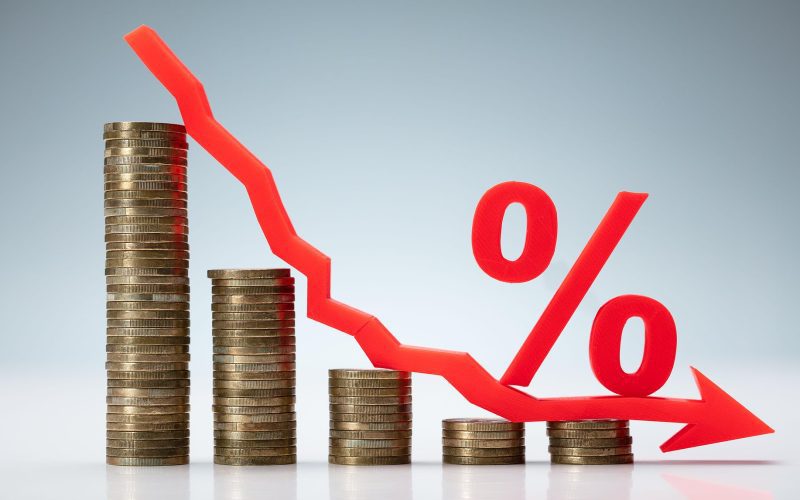Argentina’s ongoing legal battle over a $1.5 billion payment to hedge funds has attracted significant attention globally. This dispute, rooted in Argentina’s economic turmoil and sovereign debt default, has far-reaching implications for international finance and the principles of debt restructuring. In this article, we delve into the background of the issue, the recent developments, and the implications of the legal proceedings for Argentina and the global financial community.
Background: Argentina’s Debt Default

Argentina has a long history of economic instability, marked by frequent debt defaults. The country defaulted on its sovereign debt in 2001, plunging into one of the worst economic crises in its history. In the aftermath, Argentina underwent significant restructuring of its debt, negotiating deals with the majority of its creditors to accept reduced payments.
The Role of Hedge Funds
However, a group of hedge funds, often referred to as “vulture funds,” refused to accept the terms of Argentina’s debt restructuring. These hedge funds, led by Elliott Management Corporation and Aurelius Capital Management, purchased Argentine debt at heavily discounted prices after the default. They then pursued full repayment through legal avenues, leveraging clauses in the bond contracts that entitled them to equal treatment with other bondholders.
Legal Battle and Court Rulings
The legal battle between Argentina and the hedge funds intensified over the years, with rulings going back and forth in various courts. In 2012, a U.S. court ruled in favor of the hedge funds, ordering Argentina to repay the full value of the bonds they held. Argentina, adamant about not rewarding what it deemed as predatory behavior, refused to comply.
Impact on Argentina
Argentina’s defiance of the court rulings led to a prolonged legal and financial standoff. The country faced challenges accessing international capital markets and saw its credit rating downgraded. Moreover, the uncertainty surrounding the debt issue hindered Argentina’s economic recovery efforts, exacerbating inflation and unemployment.
Recent Developments
In 2016, Argentina’s newly elected president, Mauricio Macri, sought to resolve the dispute by reaching a settlement with the holdout creditors. The government offered to pay $4.65 billion to the hedge funds, which represented around 75% of the original claims. Most creditors accepted the deal, allowing Argentina to re-enter international markets and access much-needed financing.
Argentina’s Loss in Appeal
However, the legal saga took another turn when Argentina lost its appeal against the U.S. court’s ruling. In June 2024, the U.S. Supreme Court declined to hear Argentina’s appeal, effectively upholding the lower court’s decision. This ruling obligates Argentina to make the $1.5 billion payment to the hedge funds, further straining the country’s finances.
Implications for Debt Restructuring
The ruling against Argentina has significant implications for sovereign debt restructuring worldwide. It sets a precedent that could embolden holdout creditors in future debt restructurings, potentially making resolutions more challenging for indebted nations. Moreover, the case underscores the complexities and risks associated with sovereign debt markets, highlighting the need for comprehensive legal frameworks to govern debt restructuring processes.
Comparative Analysis Table
| Aspect | Argentina’s Position | Hedge Funds’ Position |
|---|---|---|
| Legal Standing | Contested court rulings | Favored by initial rulings |
| Economic Impact | Hindered recovery efforts | Pursued full repayment |
| Negotiation Attempts | Offered settlement | Rejected previous offers |
| International Standing | Credit rating downgraded | Legal victories |
Conclusion
Argentina’s protracted legal battle with hedge funds over a $1.5 billion payment has been a focal point of international finance for years. The recent Supreme Court ruling against Argentina underscores the challenges sovereign nations face in restructuring their debts. As Argentina grapples with the financial implications of the ruling, the case serves as a cautionary tale for both debtor nations and investors in sovereign debt markets. Moving forward, there is a pressing need for greater transparency, cooperation, and legal clarity in sovereign debt restructuring processes to mitigate similar conflicts in the future.











